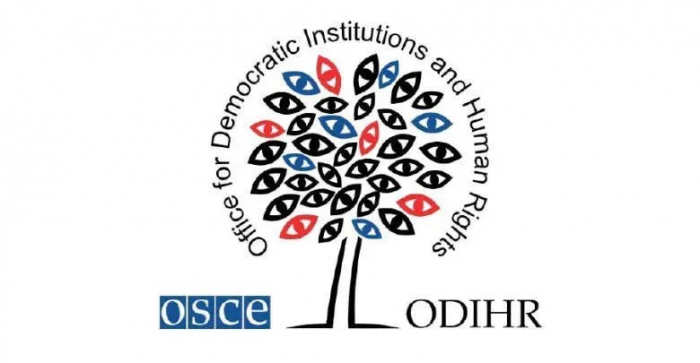Office of the Ombudsman: OSCE/ODIHR prepared a legal opinion on the organic laws related to the abolition of gender quotas, where they were evaluated negatively

According to the Office of the Public Defender, based on the appeal of the Public Defender, the OSCE/ODIHR prepared a legal report on the organic laws related to the abolition of gender quotas, negatively evaluating them and considering them incompatible with international human rights standards related to the elimination of discrimination against women in political and public life.
According to their reports, the Parliament of Georgia hastily discussed the relevant draft laws in 4 days and passed the final, third reading on April 4 of this year, and later, on May 15, it overcame the veto used by the President of Georgia.
"According to the conclusion, the quota system aims to achieve de facto equality and contributes to the gradual increase of women's representation in the country. In this context, there is no evidence to suggest that the abolition of gender quotas was necessary on the basis of constitutionality, compliance with international obligations, inefficiency or because it was no longer necessary. Although the gender balance in the Parliament of Georgia has slowly but gradually improved due to the introduction of mandatory gender quotas and financial incentives, it still remains low compared to other countries in the OSCE region and does not reach the target indicators provided by international and regional standards and recommendations.
The conclusion draws attention to the fact that the explanatory cards accompanying the draft laws do not contain specific evidence, data or facts, an in-depth analysis of the mechanism of the gender quota or its possible alternative, and cannot justify the need to cancel the system of electoral gender quotas and financial incentives for parties.
In its conclusion, OSCE/ODIHR also draws attention to procedural flaws, the hasty adoption of draft laws, the lack of adequate and inclusive participation in the review process and relevant consultations with interested parties, the negative aspects of changing the essential elements of the electoral system in the vicinity of the elections, and the failure to consider the principle of stability of the electoral legislation.
In the conclusion, the international obligations in the direction of promoting gender equality in political and public life are reviewed in detail, as well as specific recommendations are given", the information notes.
Tags:
Office of the Ombudsman: OSCE/ODIHR prepared a legal opinion on the organic laws related to the abolition of gender quotas, where they were evaluated negatively

According to the Office of the Public Defender, based on the appeal of the Public Defender, the OSCE/ODIHR prepared a legal report on the organic laws related to the abolition of gender quotas, negatively evaluating them and considering them incompatible with international human rights standards related to the elimination of discrimination against women in political and public life.
According to their reports, the Parliament of Georgia hastily discussed the relevant draft laws in 4 days and passed the final, third reading on April 4 of this year, and later, on May 15, it overcame the veto used by the President of Georgia.
"According to the conclusion, the quota system aims to achieve de facto equality and contributes to the gradual increase of women's representation in the country. In this context, there is no evidence to suggest that the abolition of gender quotas was necessary on the basis of constitutionality, compliance with international obligations, inefficiency or because it was no longer necessary. Although the gender balance in the Parliament of Georgia has slowly but gradually improved due to the introduction of mandatory gender quotas and financial incentives, it still remains low compared to other countries in the OSCE region and does not reach the target indicators provided by international and regional standards and recommendations.
The conclusion draws attention to the fact that the explanatory cards accompanying the draft laws do not contain specific evidence, data or facts, an in-depth analysis of the mechanism of the gender quota or its possible alternative, and cannot justify the need to cancel the system of electoral gender quotas and financial incentives for parties.
In its conclusion, OSCE/ODIHR also draws attention to procedural flaws, the hasty adoption of draft laws, the lack of adequate and inclusive participation in the review process and relevant consultations with interested parties, the negative aspects of changing the essential elements of the electoral system in the vicinity of the elections, and the failure to consider the principle of stability of the electoral legislation.
In the conclusion, the international obligations in the direction of promoting gender equality in political and public life are reviewed in detail, as well as specific recommendations are given", the information notes.
Tags:


























